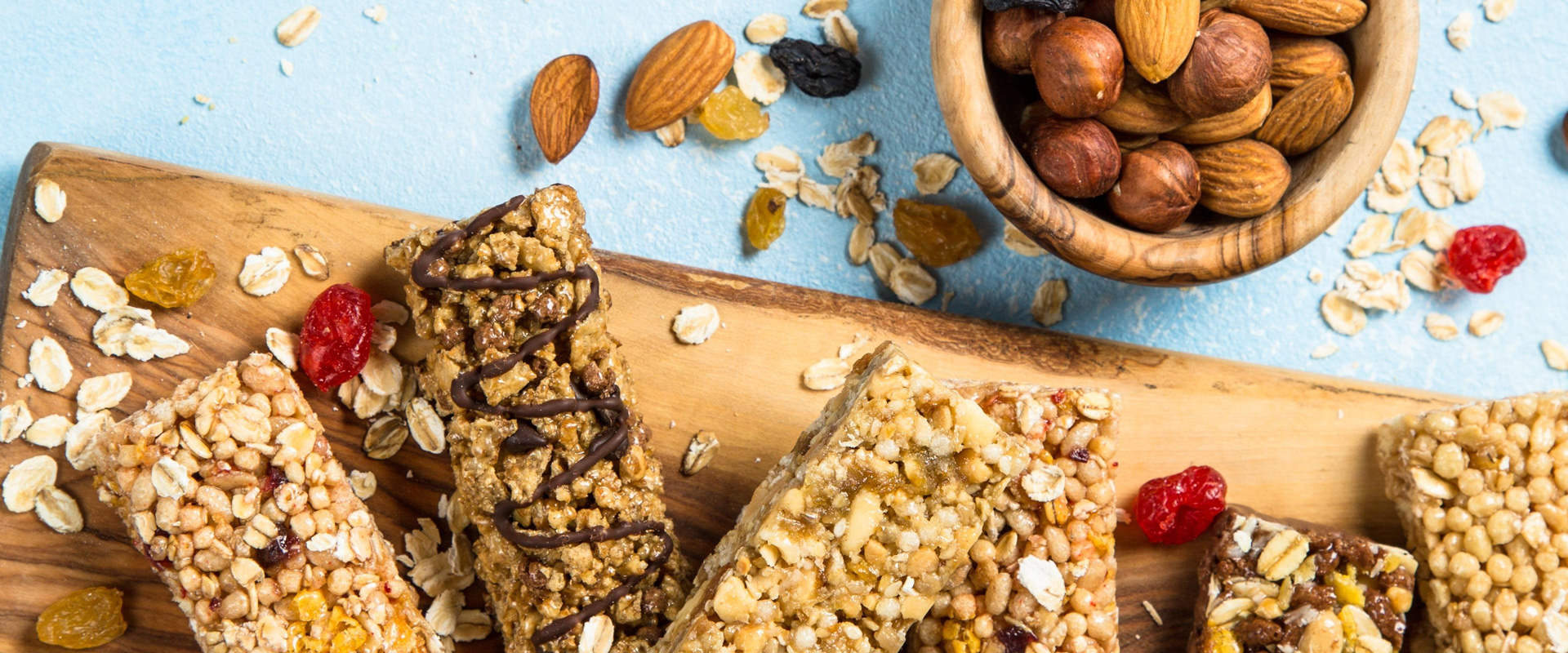
Eco-Friendly Camping Tips
There are many reasons to come to Jellystone Park™ Pelahatchie, like the exciting activities, amenities, and themed weekends we offer. But most also come to enjoy the camping experience of being in the outdoors and exploring nature. We all must do our part to keep the outdoors as pristine as possible for our children, grandchildren, and generations to come. The following eco-friendly camping tips for families are simple and may even improve your family camping experience.
Homemade Snacks
Granola bars and prepackaged snacks are an easy grab for a camping trip. However, the plastic used in the packaging can add to landfills and contribute to the growing problem of microplastics. There are tons of recipes for camping energy bars online that you can make at home. A great family camping activity is to make your camping snacks right at your campsite. You can purchase tons of trail mix ingredients and bring them in reusable containers. Everyone in the family can mix and match the ingredients to make their own custom camping trail mix on the go.
Making your camping snacks is not only a great eco-friendly camping tip. Homemade snacks are typically healthier and have less sugar than their store-bought counterparts.
Reusable Water Bottles
On the subject of plastic waste, about 50 billion water bottles get thrown away every year in the United States, and an estimated 70% never get recycled. Though grabbing a case of water is simple. The following eco-friendly water tips make it just as easy to ditch the one-use bottles for reusable ones.
- Bring reusable BPA-free or metal bottles for your family.
- Many big box stores have 5-gallon water jug programs that allow you to get a jug and return it to be reused once it’s empty. Those bottles are cleaned, sterilized, and refilled by the company.
- If you don’t like the idea of drinking tap water from the RV park, many filter options remove everything from chlorine, lead, fluoride, and even viruses and bacteria.
Use Eco-Friendly Camping Hygiene and Body Products
Many types of soap, toothpaste, sunscreen, and bug repellent products have chemicals in them that are not biodegradable. Some can even bioaccumulate in lakes and rivers, meaning they don’t break down and travel up the food chain. That food chain ends up on our plates in some circumstances. How can you prevent these chemicals from entering the environment and local water table?
- Toothpaste: There are many brands of biodegradable toothpaste. You can even get toothpaste in the form of easy-to-pack tablets, which eliminate the plastic squeeze tube.
- Soap: Camping stores sell all kinds of biodegradable camp soap for cleaning everything from dishes to hair and your body.
- Sunscreen: There are many biodegradable sunscreens available such as Reef Safe. They use safer ingredients for the environment and don’t pollute waterways.
- Bug Repellent: Bug repellents that use Picardian instead of DEET are better for the environment and work just as well as their DEET counterparts. Picardian is also safe to use on fabrics and doesn’t leave that greasy feeling on your skin. There are also a whole host of natural and biodegradable bug repellents in the form of sprays, candles, and bracelets.
Small Eco-Friendly Camping Efforts Add Up
Many may feel that eco-friendly camping is difficult or inconvenient. The truth is that little things like homemade snacks are generally cheaper than buying prepackaged food. Reusable water bottles can be just as convenient as dealing with a case of bottled water. And biodegradable personal care products are super easy to find. The more people who make minor changes in their camping habits, the more those little changes add to a significant investment in future camping generations.
Try These Eco-Friendly Camping Tips Today!
![]()